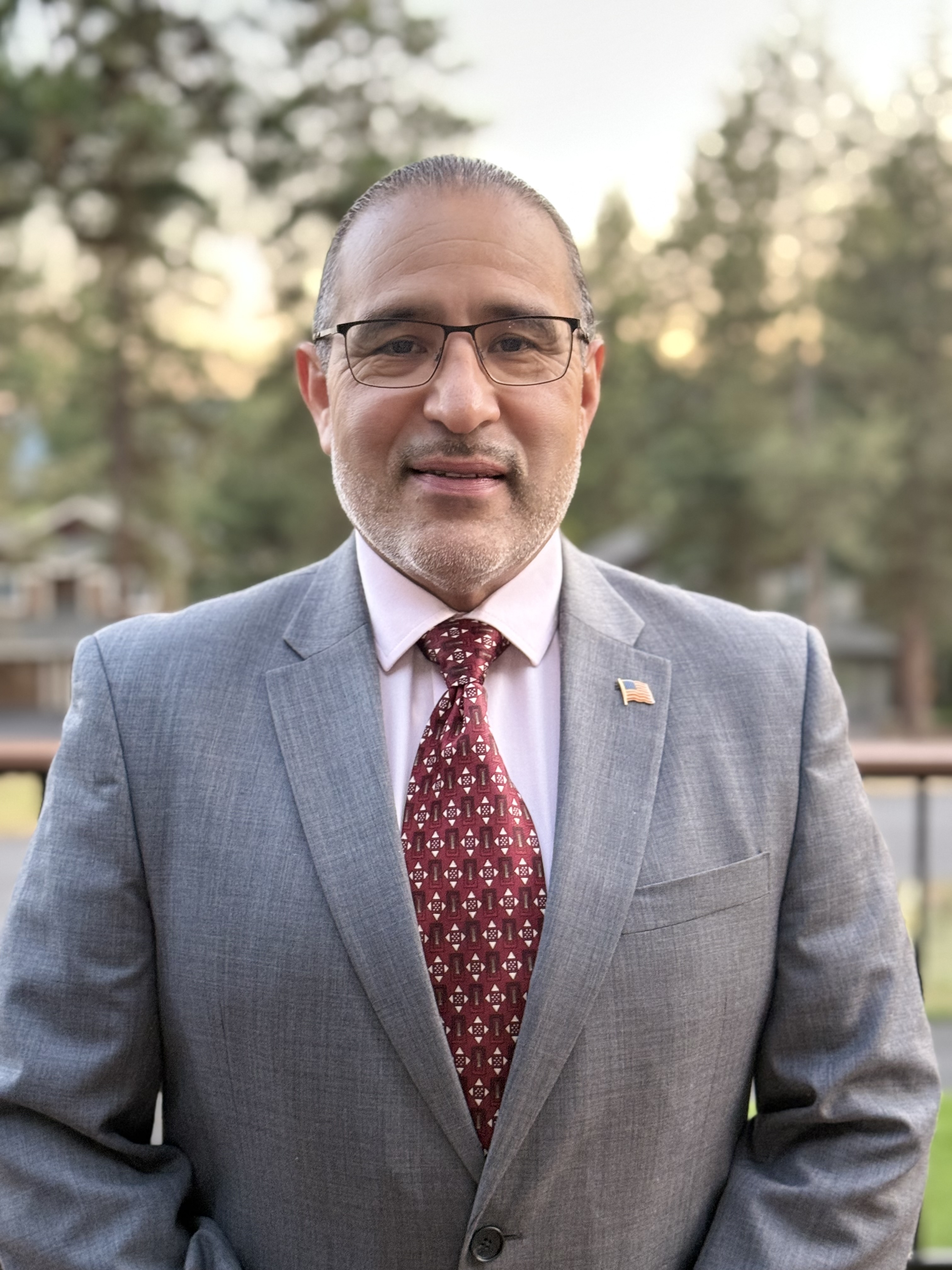ODHS Invests In Father Engagement Programs To Improve Child Well-being
-06/13/25
During this month of appreciation for fathers, the Oregon Department of Human Services (ODHS) is highlighting the critical role fathers play in a child’s physical, emotional and social development. ODHS is working to better support fathers involved in the child welfare system through two programs that provide peer mentorship, parenting skills and supports for incarcerated fathers, as well as a Father’s Advisory Board that provides regular input to ODHS Child Welfare leadership and frontline workers.
The two programs focus on peer mentorship and advocacy to help fathers navigate the system and reconnect with their children. Self Enhancement, Inc. (SEI) runs the Incarcerated Fathers Program serving African American men during incarceration and post-release. Fathers receive skill building classes to strengthen their parenting skills and build strong relationships with their children. ODHS also partners with Morrison Child and Family Services to connect fathers with open child welfare cases to peer mentors for support and encouragement.
ODHS is investing in these programs because of the expressed need for services and training that do a better job of locating and engaging fathers, and keeping fathers connected to their children after a child welfare intervention. When children enter the child welfare system, fathers are often sidelined or overlooked due to negative perceptions about their interest or capacity to be involved in their children’s lives. National studies show that caseworker bias against fathers can prevent equal outreach to fathers after a child welfare intervention. Yet national child welfare experts say father-inclusive practices in child welfare are essential to child safety and well-being and can minimize the amount of time children are separated from their family. Children with involved fathers are more likely to do well in school, have high self-esteem and avoid high risk behaviors, according to a 2024 report from the U.S. Department of Health and Human Services Administration for Children and Families Head Start Bureau.
Negative bias toward fathers is particularly strong if fathers are in recovery or have been/are currently incarcerated. This, in addition to racism and disproportionate numbers of Black, American Indian and Alaska Native children in the foster care system add to the challenges facing fathers who want to stay connected to their children.
“Fathers are vital to a child’s well-being, and it is our job to engage fathers and invite them into the process of reunifying their families. We do that through concerted efforts that show respect and value for the role fathers play as a nurturers and resources for their children,” said ODHS Child Welfare Director Aprille-Flint Gerner. “We are grateful to our community partners for leading culturally responsive programs that support fathers for long-term success.”
After a child welfare case is opened, caseworkers begin working with parents to establish a plan for a variety of services, supports and a plan for reunifying the family when a child has been removed from the home due to safety issues. When parents are separated, do not live together, or a father is incarcerated or in recovery, the mother is the primary contact for child welfare. The perspective of the father is often absent in discussions related to their children, and most resources and supports are designed with the assumption that mothers are the primary caregivers. These assumptions can keep fathers from having a voice in critical decisions related to child welfare cases, visitation, and input into case planning to prepare for the child’s return to their family.
Services and programs for fathers are also minimal compared to those available for mothers. Statewide, there are 250 residential treatment beds for mothers in substance use disorder treatment to be with their children while in treatment. For fathers, there are just 10 beds available through the OnTrack Rogue Valley Dad’s Program in Medford. ODHS awarded OnTrack a grant in 2022 to renovate the Cobblestone Village Complex in Medford to add six more beds for fathers in treatment, among other design upgrades and residential facilities to serve families. The renovated complex is due to open in 2026.
The ODHS Father’s Advisory Board members, many of whom work as peer mentors through Morrison Child and Family Services, are making a difference by advocating for the perspective of fathers in ODHS caseworker trainings, and by regularly advising ODHS Child Welfare staff and leadership in Multnomah County.
One peer mentor and Father’s Advisory Board member stated, “Child welfare programs have made progress, but we still need more active outreach and connection with dads. Sometimes dads are informed about a decision, not consulted as an equal parent. The system is confusing and can be really discouraging for fathers who feel judged as deadbeat dads,” he said. “But as advocates, we are here to give other dads hope and let them know, you can do this, you can be there for your kids. It is about making life better for the kids. If I can do it, you can do it.”
###
About the Oregon Department of Human Services
The mission of ODHS is to help Oregonians in their own communities achieve well-being and independence through opportunities that protect, empower, respect choice and preserve dignity.
Resources
Programs for incarcerated fathers or fathers involved with child welfare
Other community programs for fathers


